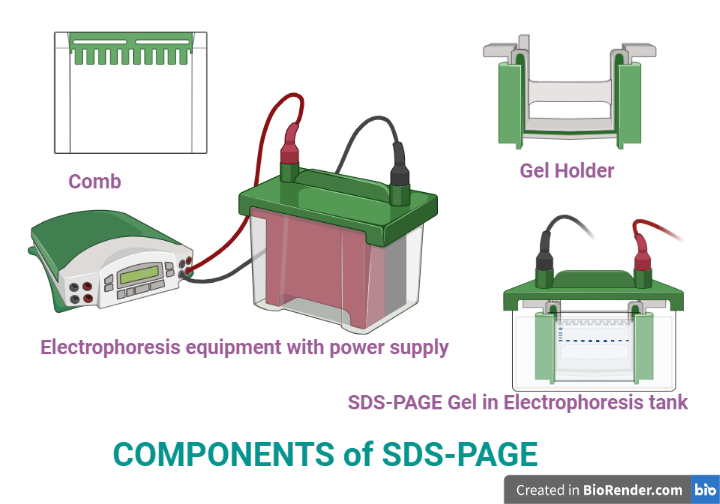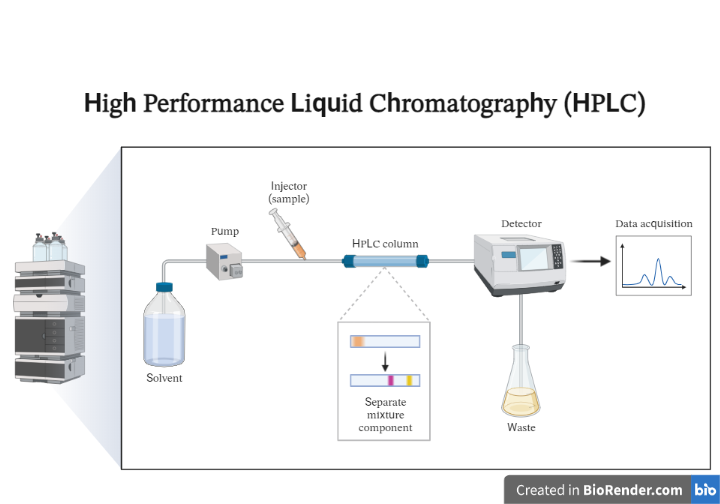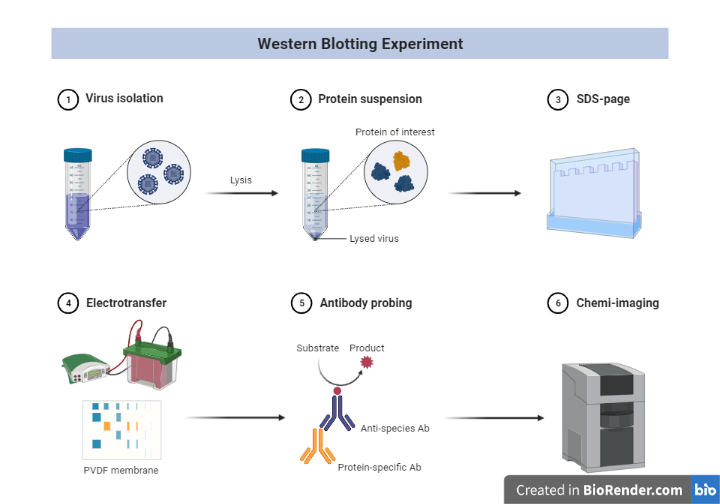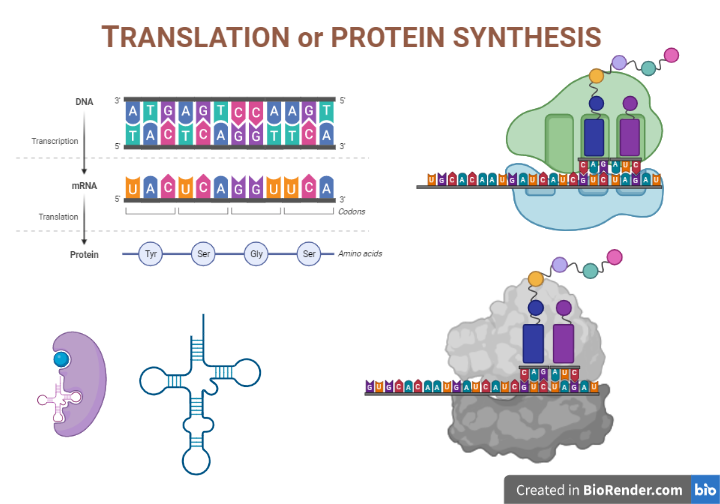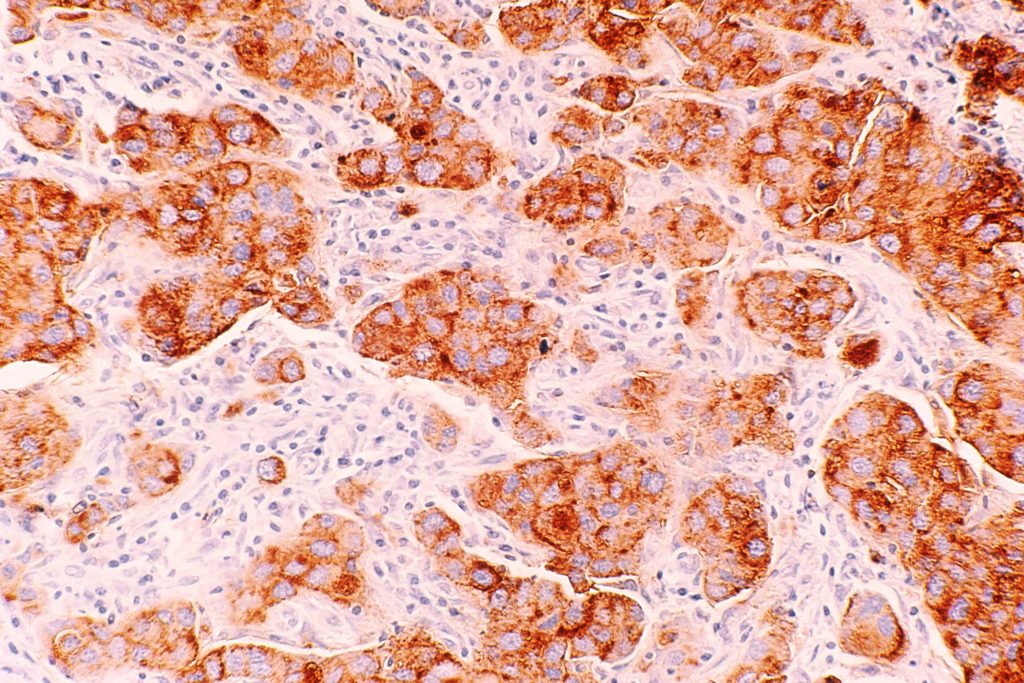Krebs Cycle / Citric Acid Cycle / TCA Cycle- Definition, Steps, Significance
The Krebs cycle, also known as the citric acid cycle or the tricarboxylic acid cycle (TCA cycle), is a series of chemical reactions that occur in the mitochondria of eukaryotic cells.
Krebs Cycle / Citric Acid Cycle / TCA Cycle- Definition, Steps, Significance Read More »


